Your home plumbing system is a vital part that needs critical care. This setup has two primary purposes. First, to evenly distribute water into your house. Second, to safely take out wastewater from your house.
Because water is essential not just for living but also for maintaining a clean home, having an efficient plumbing system is a necessity. And to keep it working as it should, proper maintenance is also just as essential. A faulty plumbing system at home will not only affect your access to clean water, but it may also damage your house’s structure and put you and your family at risk for illnesses.
How To Conserve Your Plumbing System
Problems that may hinder efficient water transport into and out of your home may either be minor or major. Some of the smaller concerns you may encounter are leaky faucets, a broken sink, or loose fixtures. These may be easy to fix on your own if you’ve got a bit of plumbing knowledge. On the contrary, more serious problems, such as a sewer or deeper pipe issues will require you to contact the best local plumbers you could get for a proper, professional fix.
However, there are also small issues that may look easy to fix but are actually more complicated. Usually, these are small matters which, when left too long or handled by someone clueless, may eventually lead to worse damages. The repairs would then cost you more money and time.
To avoid such costly mistakes, consider these simple and safer maintenance tips:
1. Use Soap And Hot Water To Unblock Toilets Or Sinks
Blocked toilets often require you to use a plunger. However, if it isn’t effective or you don’t have one, don’t fret. You can just use soap and hot water, both of which are always easily available.
First, ensure that the water is really hot, ideally just below boiling temperature. On a large container, mix it with liquid soap just enough to make the water sudsy. Once evenly mixed, pour it down the toilet. This should help melt or at least soften the clog.
The same can be used for sinks with a greasy clog.
2. Use Vinegar To Clean Showerheads
Mineral deposits can sometimes block the holes of a showerhead. To fix this issue, unfasten the showerhead and soak it in white vinegar for 24 hours. If the showerhead can’t be removed, pour the vinegar in a small plastic bag that will fit the showerhead, place the vinegar-filled bag on the showerhead, making sure it’s completely submerged, and secure it with a string or rubber band so you can leave it for at least 24 hours.
After soaking, run it with hot water and brush the deposits off. This works best on stainless steel showerheads. For showers with gold, nickel, or brass coating, don’t soak for more than 30 minutes.
3. Check For Frozen Pipes

Young black male plumber sitting on the floor fixing a bathroom sink, close up
In regions with a colder climate, water is likely to freeze in the pipes. You’ll notice this during cold seasons when water doesn’t come out of your tap, yet the main valve is on. Another way to identify this is by checking for swollen pipes. When water freezes, it expands. Therefore, you’ll find that your pipes will bulge. If you delay correcting this problem, the pipes may eventually burst.
To lower the likelihood of frozen pipes in cold areas, expose the sinks to heat. If the sinks are inside lower cabinets, open the enclosures to let in warm temperatures. If you’re already experiencing this issue, try to fix the frozen pipes temporarily while waiting for a plumber.
4. Regularly Test Your Water Pressure
High water pressure will cause your pipes to burst. On the other hand, low pressure will frustrate you as it slows down your usual chores at home. To make sure you’re right in the middle, always check the pressure with a water pressure gauge. A range between 40-80 pounds per square inch is recommended.
You can also install a pressure-reducing valve or pressure regulator to help you monitor and control water pressure in your home. This will help you know right away when there’s a problem with water pressure that you should be concerned about.
5. Don’t Flush Trash Down The Toilet
The only thing that should be going down your toilet drain is human waste. To avoid unwanted clogs, make sure nothing else, especially items that don’t dissolve, are flushed down the toilet. Sanitary waste, hair, or household litter shouldn’t ever be disposed into toilets.
6. Fix The Leaks

Technician checking water system nodes. Industrial background
Fixing drips around the house isn’t a difficult task. If you’ve got the know-how, you’re good to go. Otherwise, you can research online about how to mend leaks at home. However, if you feel unsure, it’s best to just contact a professional plumber.
7. Regularly Inspect Your System
It’ll also help to regularly check for plumbing issues especially on areas that are not as visible as your kitchen, hot tub on deck and bathroom fixtures. If you can identify small issues before they get worse, you can save yourself from stress and expensive repairs. If you don’t feel confident enough or you think you may be missing something, contact Lex’s Plumbing professional for a more thorough inspection.
Conclusion
The proper maintenance of plumbing systems will help your pipes last longer. To prevent major issues that could cost you expensive repairs, always inspect for potential problems. Fixing leaks, testing water pressure, and thawing frozen pipes will help protect your plumbing system against more damaging issues. If you’re in doubt, don’t hesitate to just call professionals.



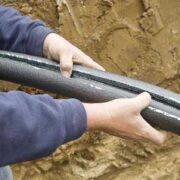
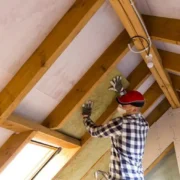
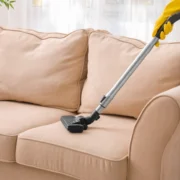

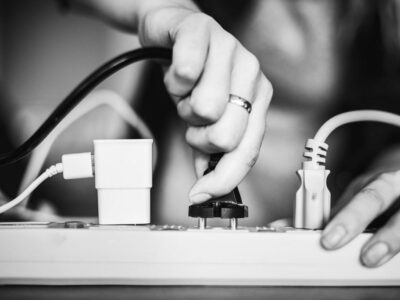

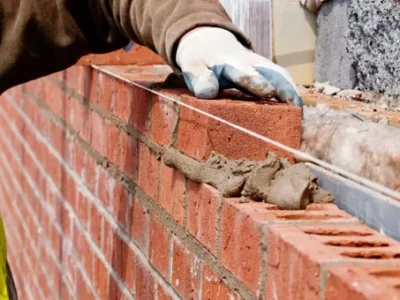
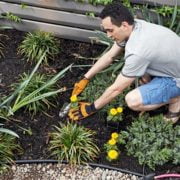

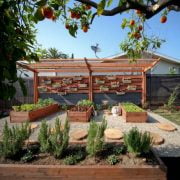

[…] a water pressure regulator is a proactive measure to maintain an optimal pressure level throughout your home. These devices help regulate water pressure, preventing it from becoming too […]
[…] water will shorten the lifespan of your heater. They will also affect the faucets, showerheads, and general plumbing in your house. Impurities accumulate in the heater system, gradually decreasing its efficiency. Debris build-up […]